
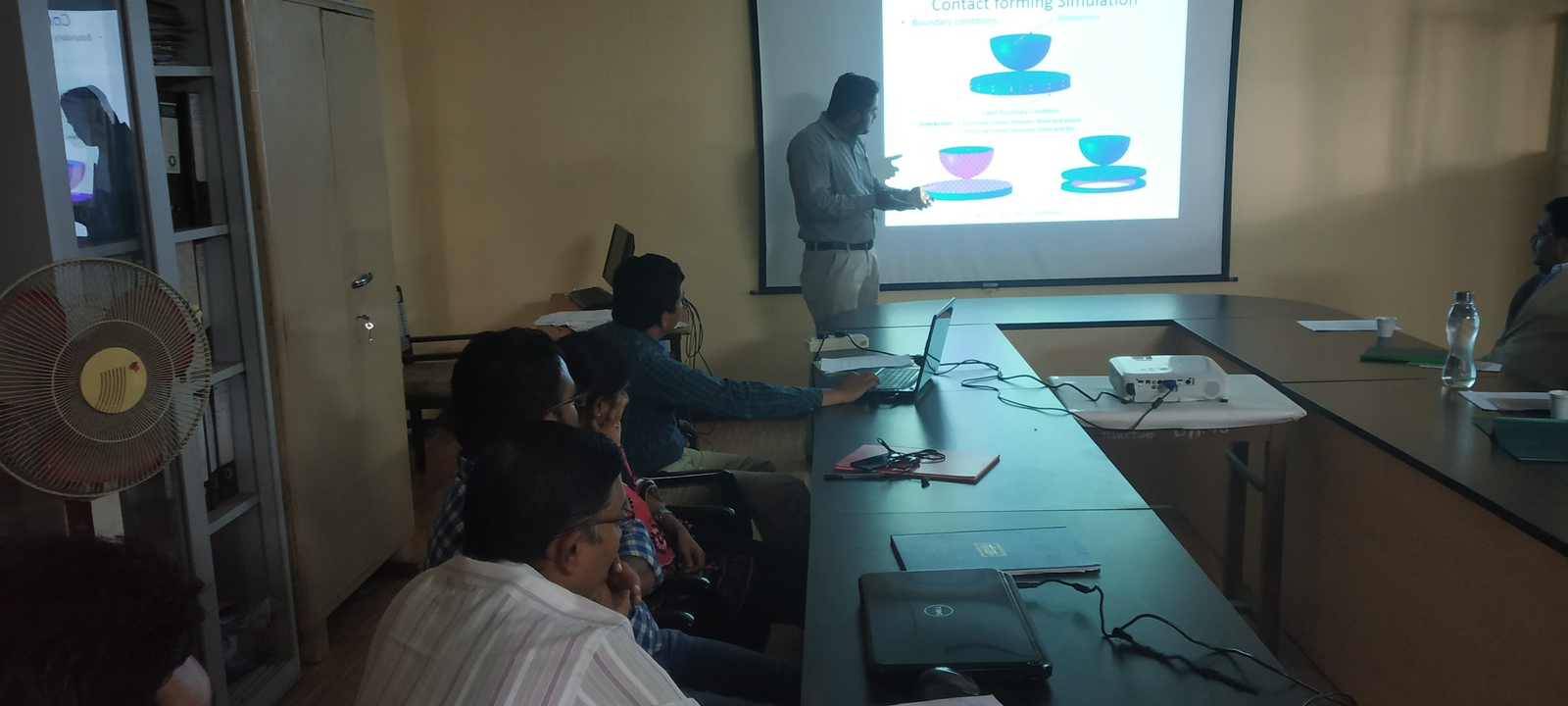
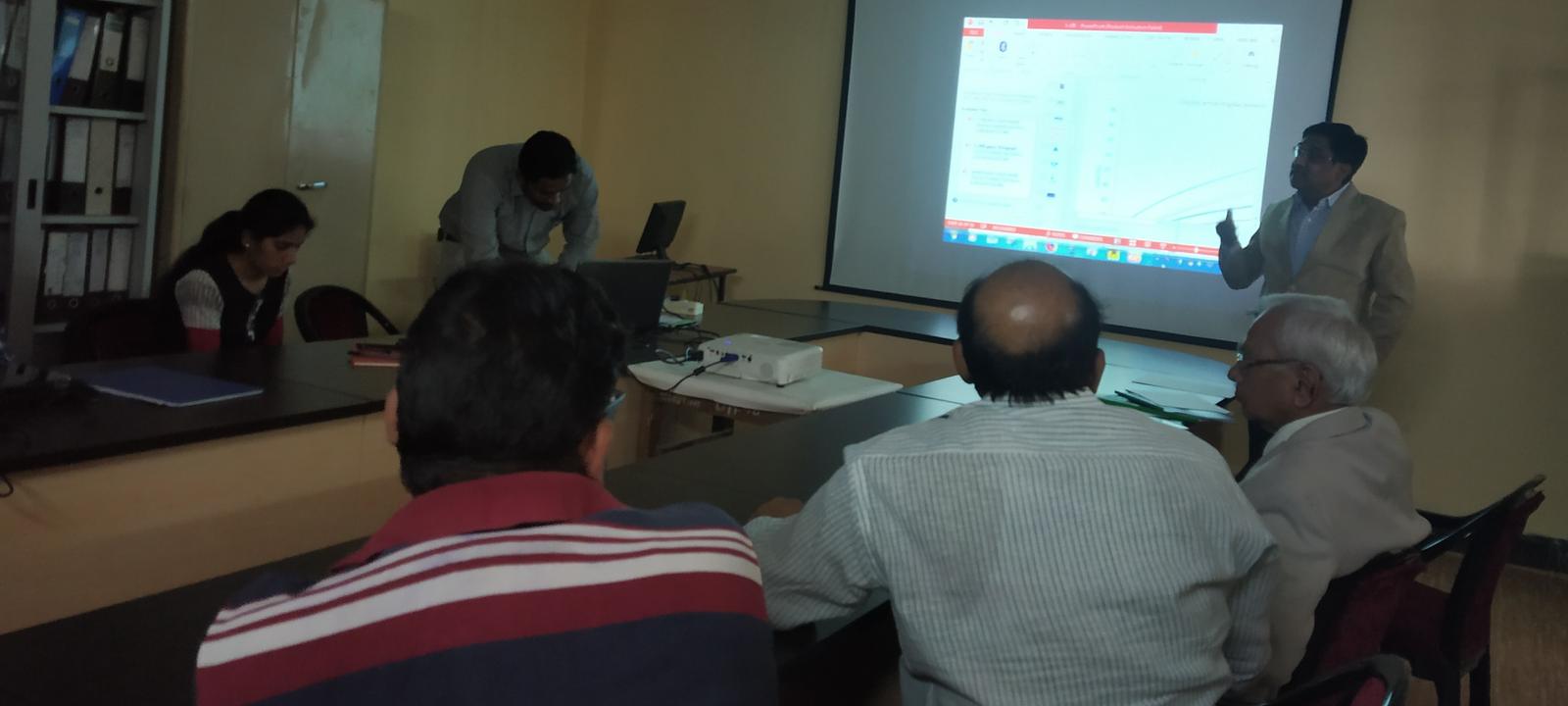

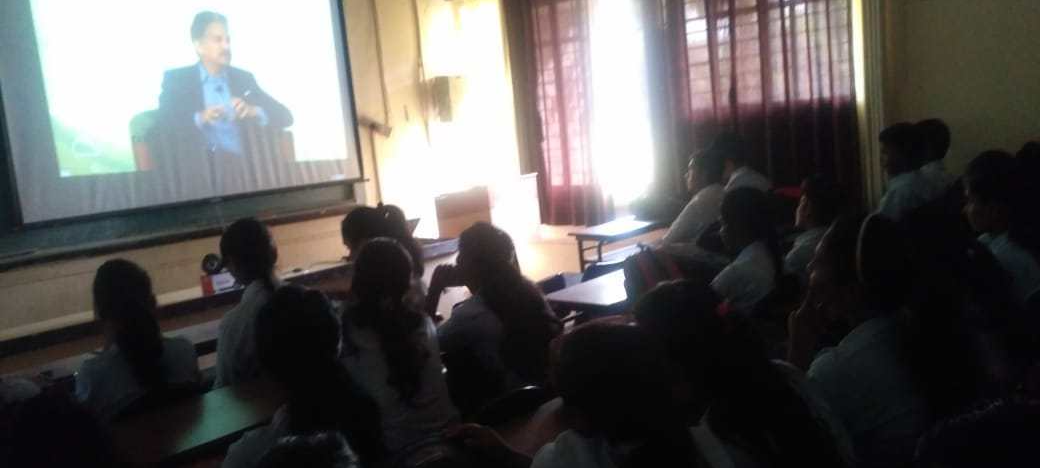

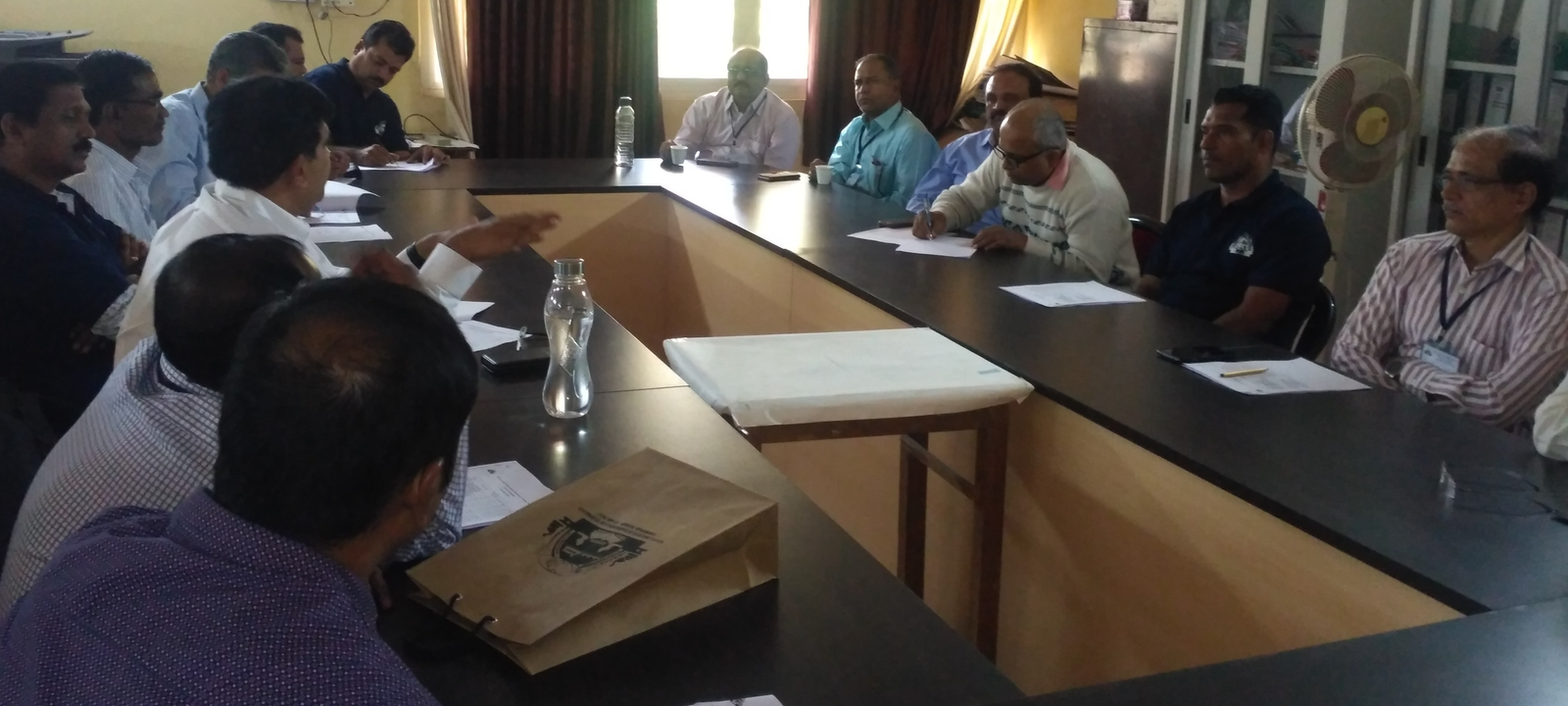

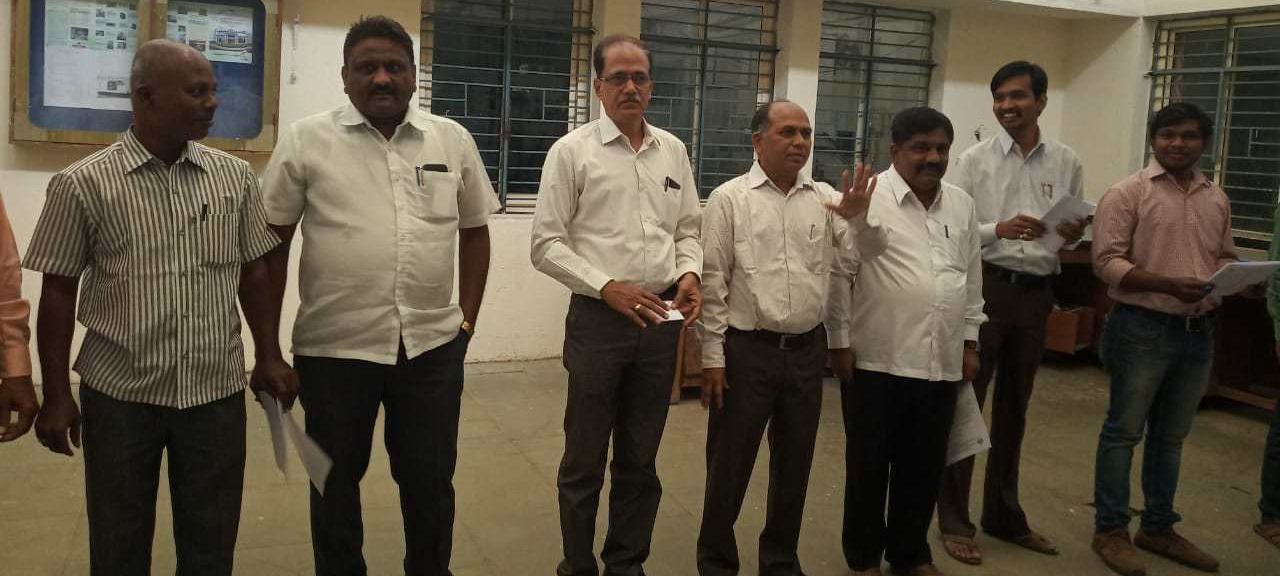



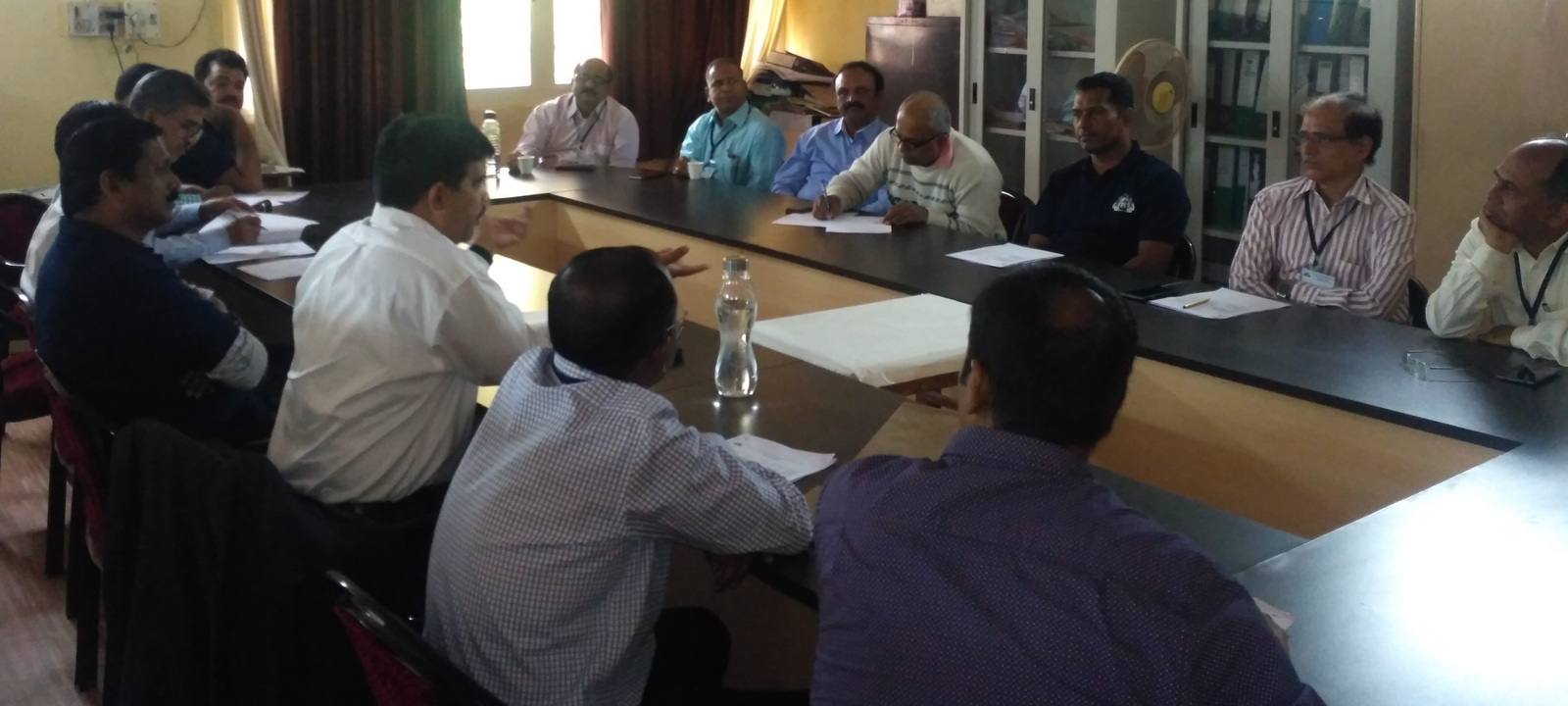



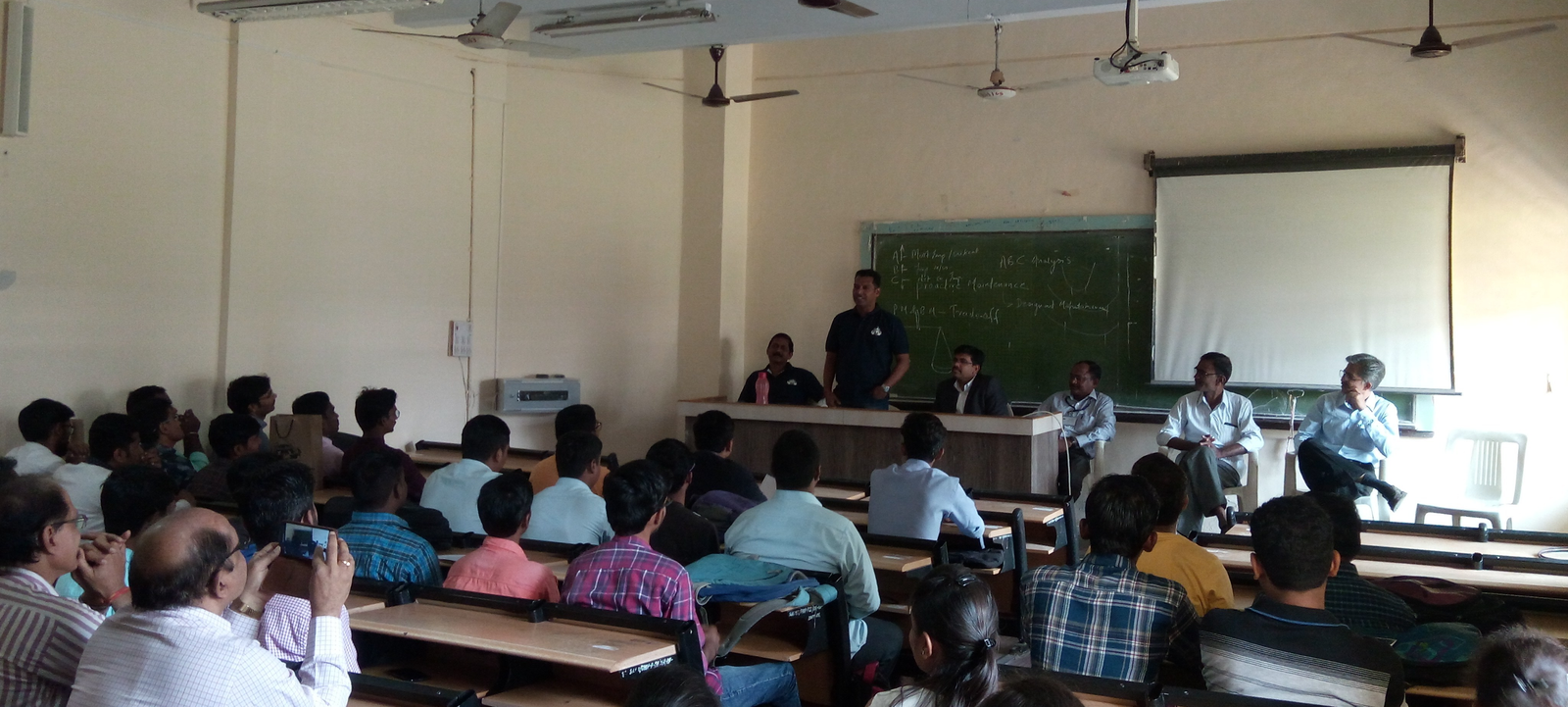





























Welcome to Department of Production Engineering
Welcome to the vibrant department of the Production Engineering, a bastion of excellence since its inception in 1984. With an initial intake of 30 enthusiastic undergraduates, our department has evolved into a dynamic powerhouse of innovation and learning. Presently, we proudly offer a cutting-edge undergraduate course in Production Engineering, inviting 60 zealous students to join our academic journey. Complementing this, our postgraduate program, the M. Tech. in Mechanical-CAD/CAM, opens doors for 25 aspiring minds to delve into advanced realms of knowledge.
Our unwavering commitment to quality and growth has been validated by accolades. In December 2003, both the Undergraduate course of Production Engineering and the Postgraduate course of Mechanical-CAD/CAM earned their maiden 'B' grade accreditation, a testament to our dedication. Such validation was further solidified in December 2007 when our courses received the continued stamp of accreditation.
Being a FIST sponsored department, we are endowed with 50 lakhs of support, which empowers us to nurture our vision. Our expansive arsenal of resources includes a faculty and staff of exceptional caliber, state-of-the-art laboratories and workshops, modern facilities for tool engineering and manufacturing prowess, alongside cutting-edge computational and CAD/CAM amenities. A dedicated departmental library stands as a beacon of knowledge, and our vibrant students' association, PESAM, embodies the spirit of camaraderie.
Diving into uncharted waters of knowledge is our norm, with research and development activities flourishing in fields like NCMP, CAD/CAM, and CAE. These pursuits not only enrich our academic tapestry but also illuminate the path for industry advancements.
Our impressive lineage of alumni attests to the transformative education we provide. They adorn prestigious roles in sought-after industries and administrative echelons, making us swell with pride. Additionally, the trend of students pursuing higher studies reflects the robust foundation laid here. A significant number of these visionaries have even embarked on the path of entrepreneurship, a testament to the holistic growth nurtured within our walls.
Join us at the Production Engineering Department and become part of a legacy that fuels dreams, forges destinies, and shapes a better tomorrow.
Vision and Mission of the Department
Vision:
Provide an environment for quality education, pro-industry research and innovation with industry partnership to meet global standards with the sense of ‘Make in India’ philosophy.
Mission:
M -1. Provide up to date knowledge in the fields of manufacturing and management.
M-2. Continual up-gradation of curriculum in the context of global standards, peer feedback, in consultation with stakeholders.
M-3. Establish and maintain state-of-the-art research facilities and develop linkages with Industries and other educational institutions.
M-4. Encourage students for research and development activities, innovation and entrepreneurship.
M-5. Continuing education programme to develop skilled human power.
ACADEMIC PROGRAMMES
|
Programme |
Type of the Programme |
Duration |
Strength |
Year of Starting |
NBA Accreditation |
|
B.Tech. |
Full Time |
4 Years |
60 |
1984 |
Twice for three years each (2003, 2008) |
|
M.Tech.- CAD/CAM |
Full Time |
2 Years |
25 |
1996 |
Twice for three years each (2003, 2008) |
|
Research programme leading to Ph.D. is also offered. (under Swami Ramanand Teerth Marathwada University, Nanded) |
|||||
Programme Educational Objectives (PEOs):
PEO-1 Provide knowledge and skills of broad spectrum of manufacturing processes.
PEO-2 Develop capabilities of Product Design and Analysis through learning opportunities to work with up-to-date platforms in CAD/CAM/CAE.
PEO-3 Provides students with requisite philosophies, tools and techniques of operations management for becoming key players in any business organization.
PEO-4 Encourage students to acquire knowledge application aptitude for basic sciences, environmental issues, analytical abilities, self-initiated learning, out of box thinking, soft skills, professional skills, leadership qualities and work in team
PEO-5 Develop / Provide foundation for taking up a higher studies, entrepreneurship and administrative services in India and abroad.
Programme Outcomes (POs):
Engineering Graduates will be able to:
- Engineering knowledge: Apply the knowledge of mathematics, science, engineering fundamentals, and an engineering specialization to the solution of complex engineering problems.
- Problem analysis: Identify, formulate, review research literature, and analyze complex engineering problems reaching substantiated conclusions using first principles of mathematics, natural sciences, and engineering sciences.
- Design/development of solutions: Design solutions for complex engineering problems and design system components or processes that meet the specified needs with appropriate consideration for the public health and safety, and the cultural, societal, and environmental considerations.
- Conduct investigations of complex problems: Use research-based knowledge and research methods including design of experiments, analysis and interpretation of data, and synthesis of the information to provide valid conclusions.
- Modern tool usage: Create, select, and apply appropriate techniques, resources, and modern engineering and IT tools including prediction and modeling to complex engineering activities with an understanding of the limitations.
- The engineer and society: Apply reasoning informed by the contextual knowledge to assess societal, health, safety, legal and cultural issues and the consequent responsibilities relevant to the professional engineering practice.
- Environment and sustainability: Understand the impact of the professional engineering solutions in societal and environmental contexts, and demonstrate the knowledge of, and need for sustainable development.
- Ethics: Apply ethical principles and commit to professional ethics and responsibilities and norms of the engineering practice.
- Individual and team work: Function effectively as an individual, and as a member or leader in diverse teams, and in multidisciplinary settings.
- Communication: Communicate effectively on complex engineering activities with the engineering community and with society at large, such as, being able to comprehend and write effective reports and design documentation, make effective presentations, and give and receive clear instructions.
- Project management and finance: Demonstrate knowledge and understanding of the engineering and management principles and apply these to one’s own work, as a member and leader in a team, to manage projects and in multidisciplinary environments.
- Life-long learning: Recognize the need for, and have the preparation and ability to engage in independent and life-long learning in the broadest context of technological change.

